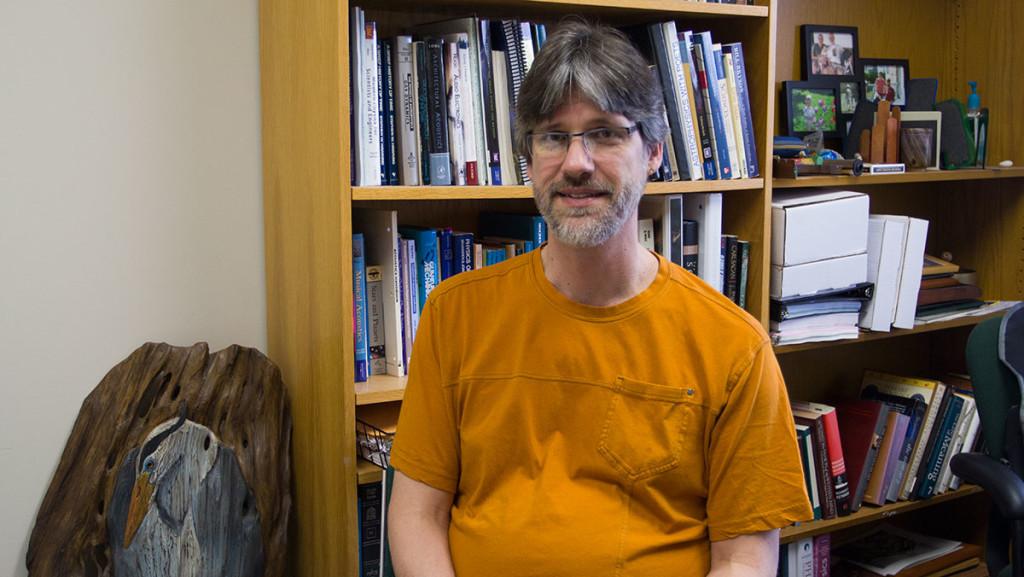In the fall semester of 2013, students began fulfilling their general education requirements through Integrative Core Curriculum (ICC). Prior to this, the method for choosing courses to meet the general education requirement was different in each of the five schools at IC.
I’ve been teaching at IC for 13 years, so I knew the old system and watched the new system develop over a roughly two-year period leading up to the 2013 change. I like the ICC better than the previous system on three levels: as a teacher, as an academic advisor, and as a curriculum developer. College faculty play all three roles: of course we teach and advise students as they complete courses in the context of a specific degree program, but we also occasionally design new courses and revise existing courses.
As a teacher I appreciate the ICC structure, which invites an intentional approach to the state-mandated general education requirement that is the same for all schools and degree programs. One of the purposes for aligning our general education courses with the ICC Themes and the four liberal arts perspectives is to allow us to intentionally make the courses more obviously relevant especially to students not majoring in our own academic area. For example, I know that most of my students taking physics and astronomy are not interested in being scientists, but I try to teach not just an introduction to my chosen field of physics, but how science works and how it affects our culture and society. Non-scientists benefit from knowing how natural science works and affects our lives. I imagine similar approaches in ICC courses in the humanities, social sciences, and creative arts. The ICC structure invites this kind of dialog across the curriculum.
As an academic advisor I find the ICC easy to understand and explain to students: after the Ithaca Seminar, take 12 credits in your theme (most often this is four 3-credit courses) with at least one course taught from each of the four perspectives. At this point we’re halfway to the New York State requirement of 30 credits of liberal arts courses for a bachelor’s degree. The remaining credits consist of a 12-credit complementary liberal arts (CLA) suite that is specific to the school or program. In my school (H&S) the student designs the CLA according to her or his interests, or courses taken towards a minor or second major, or courses in a foreign language. [I must admit that I’m not a fan of the CLA in general. I would prefer a much less structured system for those 12 credits.] Along the way students need to meet the designation requirements of Quantitative Literacy, Diversity, and Writing Intensive work and those can be attached to any of the courses in the student’s general education plan or major.
As a curriculum developer I find that the learning outcome focussed structure of the ICC helps me organize the design of new courses so that I can make them more relevant to my general education students. I find that the themes also help focus my design: though they are intentionally broad, the themes imply certain applications or discussions for the material covered in our courses. This allows me to raise important questions with my students, “What other ways of learning are you exploring in other courses in your theme and in your major? How are these related (if at all) with the scientific approach to learning that we are using in this course?”
In all three of my roles with respect to the ICC also I like the fact that the ICC, though required for all of us, has a built-in mechanism for change if our student learning assessment efforts (or logistical problems) show us that the program is not working as intended. That process is on-going, and I have high confidence that it will continue to improve the general education experience for students and faculty.
Luke Keller is a professor of physics and astronomy. Email him at [email protected].














